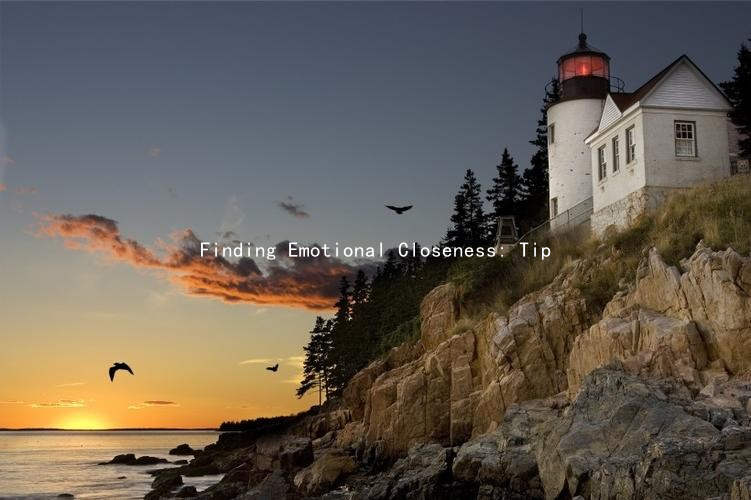Navigating Intimacy: Philosophical Insights for Meaningful Conversations in Relationships
Navigating Intimacy: Philosophical Insights for Meaningful Conversations in Relationships
In the realm of relationships, the pursuit of meaningful intimacy goes beyond mere physical connection; it delves into the depths of emotional and intellectual exchanges that foster genuine understanding and connection. Philosophical insights can guide us in cultivating these meaningful conversations, providing the framework to approach intimacy with intention and care.
One of the central tenets of philosophy is the exploration of what it means to ‘know’ another person. This knowledge is not simply the accumulation of facts about someone; it is a profound understanding of their values, desires, fears, and dreams. A critical skill in deepening intimacy is the ability to listen actively and empathetically. When engaging in conversations with our partners, we should aim to create a space where they feel seen and heard. Techniques such as reflective listening, where one paraphrases what the partner has said before responding, can enhance this understanding.
Additionally, the concept of vulnerability is paramount in the philosophical discourse on relationships. It is through the act of sharing our truest selves, our insecurities, and our dreams that we invite our partners into a deeper connection. To foster this environment, one must cultivate courage—the courage to express thoughts honestly and to accept the potential for discomfort. By sharing personal stories and experiences, partners can bridge the gap between their individual worlds, creating a tapestry of shared understanding.
Moreover, the philosophical principle of ‘intentionality’ in communication underlines the importance of clarity in expressing feelings and needs within a relationship. Without clear communication, misunderstandings can fester, leading to resentment or disconnection. To combat this, partners should practice articulating their feelings and needs with precision, aiming to be as clear as possible about their emotional landscape.

Consider the philosophical idea of ‘the Other,’ which reminds us that our partners are not mere reflections of ourselves; they are complex individuals with their own narratives and perspectives. Embracing this concept allows us to approach conversations not with the intent to persuade or dominate, but with the goal of understanding and appreciating the unique contributions of our partners. This mindset fosters a climate of respect and mutual growth, encouraging both individuals to explore their differences as sources of strength rather than contention.
Conflict, an inevitable aspect of any deep relationship, can also be approached through a philosophical lens. Instead of viewing disagreement as something inherently negative, we can reframe it as an opportunity for growth. This perspective allows for constructive dialogue, wherein partners can confront differing viewpoints while maintaining respect for one another’s feelings. Techniques like finding common ground and focusing on problem-solving rather than blame can turn potential crises into moments of connection and collaboration.
Lastly, the practice of gratitude in relationships can significantly enhance intimacy. Philosophy teaches us to appreciate the transient nature of life, prompting us to recognize and celebrate the small, everyday moments that contribute to our relationships. Regularly expressing appreciation for our partners fosters a positive atmosphere and reinforces the bonds of intimacy. Simple gestures, like verbal affirmations or small acts of kindness, can serve as powerful reminders of our commitment and care.
In conclusion, navigating intimacy through meaningful conversations is a journey that benefits greatly from philosophical insights. By embracing active listening, vulnerability, intentionality, mutual respect, constructive conflict resolution, and gratitude, partners can cultivate a profound sense of connection and intimacy. The art of conversation, enriched by these principles, invites us to explore the depths of love and companionship, ultimately creating relationships that thrive on understanding and mutual growth.





